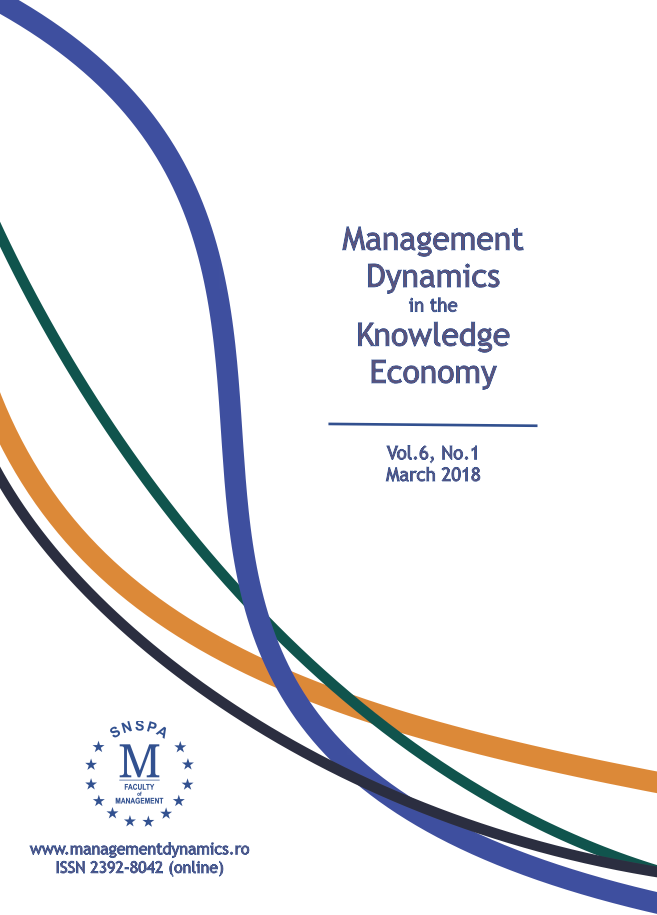The Evolution of the Algerian Banking System
The Evolution of the Algerian Banking System
Author(s): Ishaq Hacini, Khadra DahouSubject(s): Economy, Financial Markets, Public Finances
Published by: Asociatia Romano-America a Managerilor de Proiect pentru Educatie si Cercetare
Keywords: banking system; liberalization policy; Algeria
Summary/Abstract: The study aims to shed light on Algerian Banking system through investigating its evolution’s stages starting from the independence (1962), wherein Algeria inherited the colonial banking system. For examining the evolution, the study focused on the critical phases in the evolution of the Algerian banking system (Colonial Phase, Sovereignty Phase, Nationalization and Socialization Phase, Restricting Phase and Liberalization Phase). In Addition, the study analyzed several indicators of the banking sectors in Algeria such as (interest rate spread, banks’ ownership, banks’ activity and banks’ profitability). Furthermore, it made a comparison between the Algerian banking sector and the banking sectors of two North African neighbors, Morocco and Tunisia. The study revealed that the Algerian banking system has witnessed several mutations. Therefore, the Algerian authorities had constructed an Algerian Banking system (Stated-owned banks) to substitute the colonial banking system. After that, many reforms had been adopted by the Algerian government based on economic and social requirements. In the early nineties, especially with the Law on Money and Credit (1990), the Algerian authorities endeavored to liberalize the banks' activities to improve the banks' performance. As consequences, the Algerian banking system changed radically, wherein, in 2016, it is composed of twenty commercial banks and eight financial companies and a group of liaison offices of foreign banks. The total assets have grown significantly from2000-2015, in which the total assets increased by 412%, and the total assets which represent 75.5% of the GDP in 2015. In addition, they granted more loans to the economy, wherein the credit for the economy as a percentage of GDP passed from 2.4% in 2000 to 4.4% in 2015. Therefore, the progression of the Banks activities had a positive effect on the banks’ profitability, in which ROA was 0.46% in 2005 and reached 1.9% in 2015. The liberalization policy encouraged The entry of thirteen foreign banks, which improved the services’ quality. On the other hand, the banking sector in Algeria still needs more development to reach the level of banks in the region (Morocco and Tunisia), especially in the market concentration and credit risk management.
Journal: Management Dynamics in the Knowledge Economy
- Issue Year: 6/2018
- Issue No: 1
- Page Range: 145-166
- Page Count: 22
- Language: English

